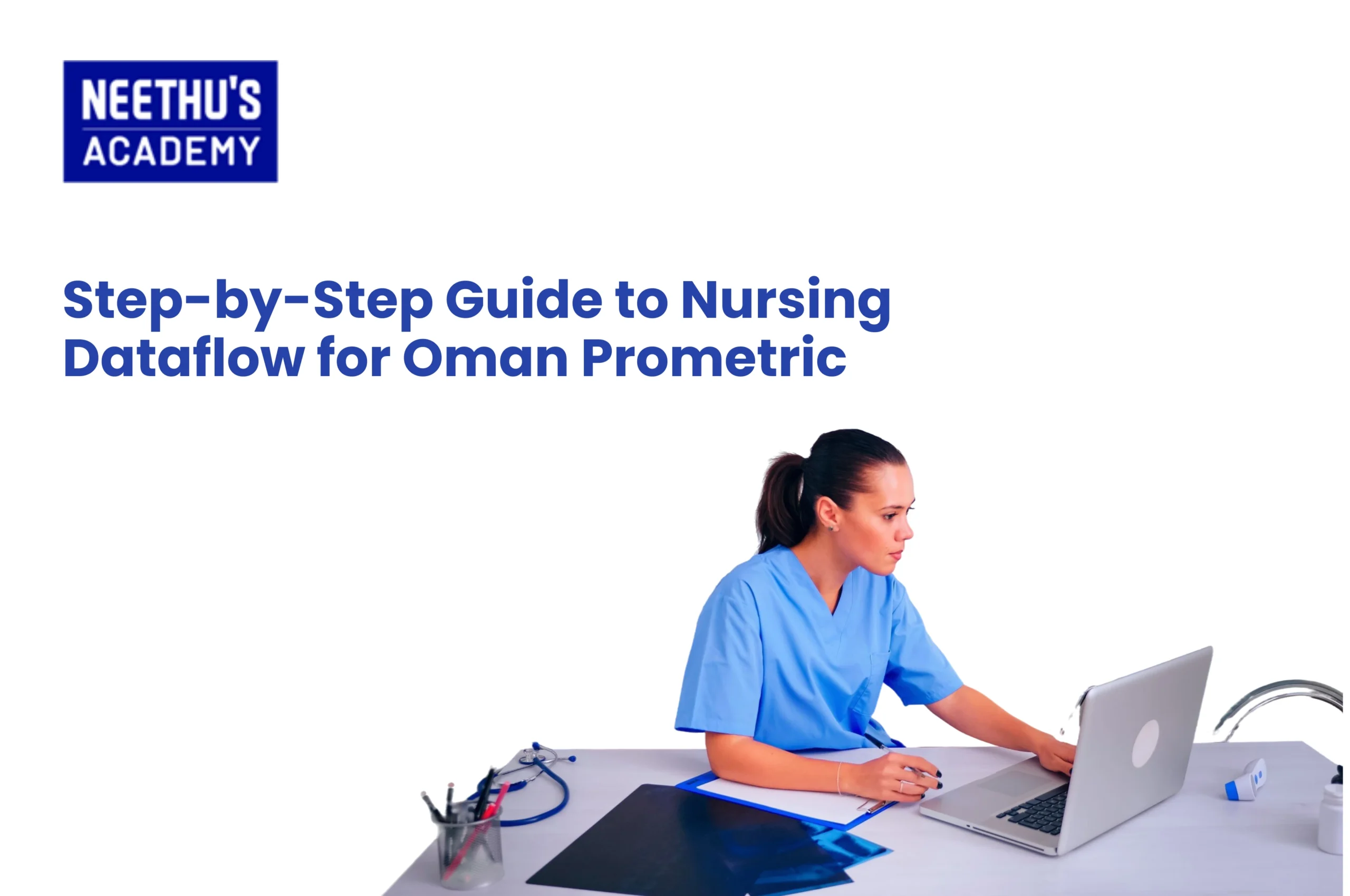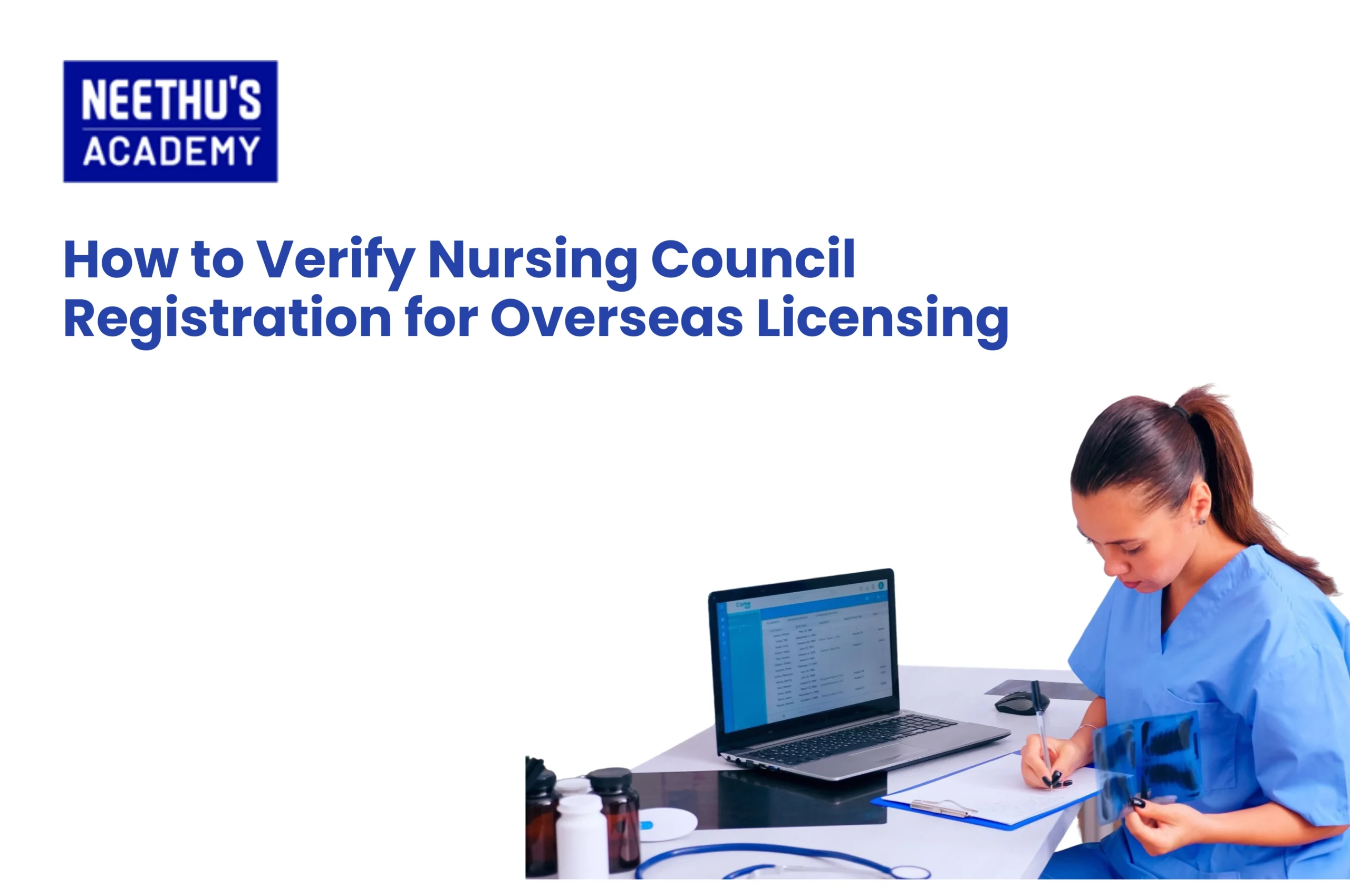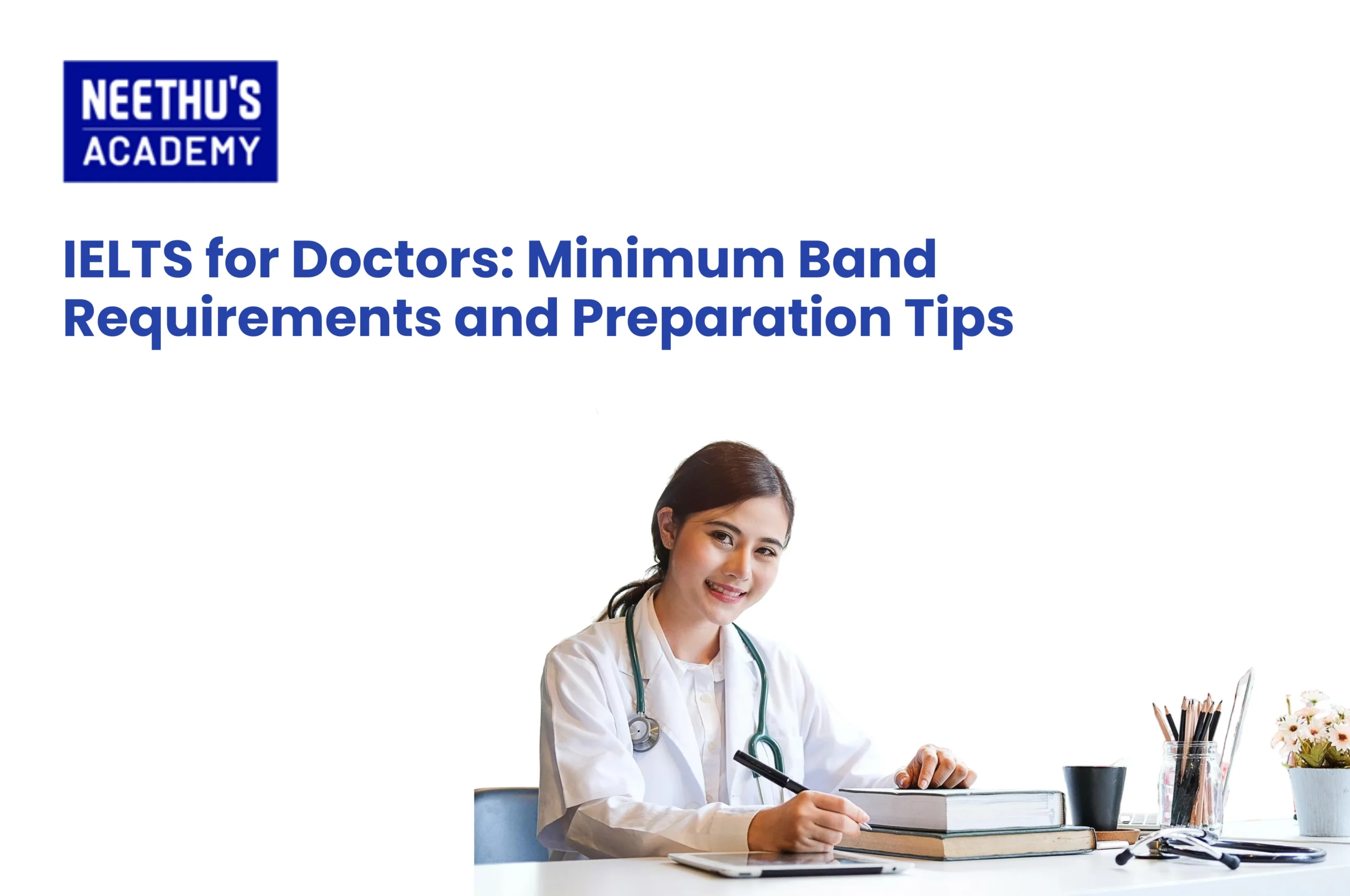The Occupational English Test is an entry pass for health care providers, including pharmacists, showing proof of proficiency in using English in…
How to Score B in OET Speaking for Pharmacists
For internationally trained pharmacists who wish to work in English-speaking countries, the Occupational English Test (OET) is a stepping stone that cannot be overlooked. Among the four modules—Listening, Reading, Writing, and Speaking, the Speaking sub-test is especially challenging because it doesn’t just require fluency in English but also superior interpersonal and professional communication skills.
Achieving an OET pharmacist speaking B grade is essential to meet the language skills requirements of most regulating authorities. But how? This blog offers a complete guide, packed with effective OET speaking tips, role-play skills, and tips for preparation.
Let’s delve into how you can tackle the OET pharmacy speaking test with confidence and get that critical B grade.
Understanding the OET Speaking Test for Pharmacists
The OET Speaking test is specifically designed to mimic everyday interactions pharmacists have in their professional work. It takes approximately 20 minutes and comprises two role-plays that are pharmacy-specific situations.
Each candidate is assigned the role of a pharmacist, and the interlocutor plays the role of a patient, caregiver, or other healthcare provider. You’ll have a role-play card which will indicate the situation and the tasks you need to accomplish during the conversation. You will have 3 minutes’ preparation time, followed by 5 minutes to perform the role-play.
The test is scored based on the following criteria:
Intelligibility – Clarity of what you are saying, pronunciation, and enunciation
Fluency – Smoothness and flow of speech
Appropriateness of Language – Respectful, formal, and context-appropriate use of language
Grammar and Expression – Correct sentence and word choice
Relationship Building – Your ability to establish rapport with the patient
Information Gathering and Providing – Answering important questions and providing concise answers
It is critical to understand this test pattern to enhance your OET speaking skills and strive for a B grade in OET pharmacist speaking.
General Strategies to Achieve a B Grade
To pass the OET Speaking test, pharmacists must combine professional information with effective communication skills. Some of the strategies to achieve the scoring criteria are mentioned below:
1. Develop Patient-Centered Communication
Pharmacists should be professional and compassionate when communicating with patients. Employ words that express understanding and concern, such as:
“I can see why that’s concerning you.”
“Let’s work through the instructions together.”
Employing empathetic language creates rapport and demonstrates that you can undertake real-life consultations sensitively.
2. Observe Clarity and Structure
Organize your conversation logically. Begin with a proper greeting, then move to gathering information, giving accurate explanations, and finish by checking understanding. This order prevents you from skipping any of the bullet points on the task card.
- Do Not Memorise Responses
Memorised responses sound unnatural and may undermine your performance. Instead, acquire helpful sentence starters, connectors, and transitional phrases that enable you to respond spontaneously and flexibly.
- Keep Your Vocabulary Simple and Suitable
Don’t use too much technical vocabulary. Wherever necessary, use simple language. Your main audience in the speaking test is a patient or lay person.
- Practice Dealing with Interruptions or Unexpected Questions
Be prepared to answer sensibly if the interlocutor poses an unexpected question or makes an unsaid comment during your task. This shows your skill to handle real-life patient interactions well.
Typical Pharmacist Role-Play Situations
Knowing the type of situations that may be present in the test is likely to increase your confidence and preparedness. Here are some typical OET pharmacist role-play situations:
Discussing the dosage and side effects of a new prescription
Guiding a patient on over-the-counter pain relievers
Guiding a parent on children’s medication safety
Helping a patient allergic to a specific medication
Clarifying misperceptions of generic and brand-name medications
Discussing medication compliance with a patient with an ongoing disease
These situations challenge your skills in collecting information, describing medication use, providing lifestyle advice, and reassuring patients—all core to your day-to-day work as a pharmacist.
Preparation and Practice Tips
Regular practice is the only way to enhance OET speaking and gain success. Here’s how you should prepare:
- Practice Role-Plays Every Day
Use practice role-play cards available specifically for pharmacists. Role-play with a friend or tape yourself and listen back to the conversation to monitor pronunciation, fluency, and organization.
- Practice Pronunciation and Stress
Clear articulation is essential. Pay attention to your pronunciation and practice stress and intonation. Little changes will make a great difference in how well your speech can be understood by your listener.
- Develop Vocabulary and Phrases
Practice using phrases to describe medical instructions, show empathy, reassure patients, and test understanding. This enhances your vocabulary and demonstrates your proficiency in using professional yet approachable language.
- Practice Real Test Conditions
Time your role-plays. Allow yourself 3 minutes’ preparation and adhere to the 5-minute time limit for each conversation. This conditions your brain to think and respond within the time limit of the test.
- Obtain Feedback from a Trainer
Obtain professional guidance from someone familiar with the OET marking scheme. They will identify weak spots and provide focused feedback to sharpen your skills.
Best OET Coaching Center in Kerala
If you require guided assistance to increase your confidence and enhance your performance, join a reputable OET coaching centre, such as Neethu’s Academy.
Why Neethu’s Academy?
Neethu’s Academy is a top OET coaching centre providing pharmacy-targeted training that includes:
One-on-one practice in speaking
Skilled instructors with healthcare background
Realistic mock tests and performance feedback
Pharmacy vocabulary improvement
Flexible online classes according to your convenience
Real Candidate Tips
Learning from others will help you steer clear of pitfalls and learn quicker. Here’s what actual OET test-takers say:
Practicing two role-plays a day
Receiving feedback on tone and empathy
Utilizing standard phrases for opening and closing conversations
Practicing fluency and minimizing filler words
Common Errors to Avoid
Talking too quickly or mumbling when under pressure
Employing jargon without explanation
Omitting task points due to inadequate time management
attempting to be “perfect” in speech instead of sounding natural and professional
Being natural, clear, and responsive is preferable to striving for error-free but machine-like delivery.
Conclusion
Scoring a B grade in OET pharmacist speaking is not just about language fluency—it’s about being an effective communicator in real clinical scenarios. By focusing on building empathy, structuring your responses, and practising real-life pharmacy role-plays, you’ll be better prepared to face the speaking test confidently.
Whether you’re self-studying or attending an online OET coaching centre, remember that consistency and feedback are your biggest allies. Speak naturally, listen attentively, and present yourself as a capable and caring pharmacist—because in OET, communication is key.
Frequently Asked Questions
Practice real pharmacy role-plays regularly, improve fluency, and focus on patient-centered communication
Use role-play cards every day, repeat speaking with correction, and acquire pharmacy communication skills.
Concentrate on recognizing the purpose and tone of short workplace passages and practice active hearing every day.
Related Blogs
- All Posts
- OET
Course Enquiry
Latest Posts
- All Posts
- canada
- CBT
- DHA
- French
- GENERAL
- German
- Haad
- IELTS
- IQN NEW ZEALAND
- MOH
- NCLEX-RN
- NHRA
- OET
- OSCE
- Pearson Vue
- PROMETRIC
- PTE
- TOEFL
- Back
- NCLEX - NGN
- Back
- OET FOR PHYSIOTHERAPIST
- OET FOR PHARMACIST
- OET FOR DOCTORS



